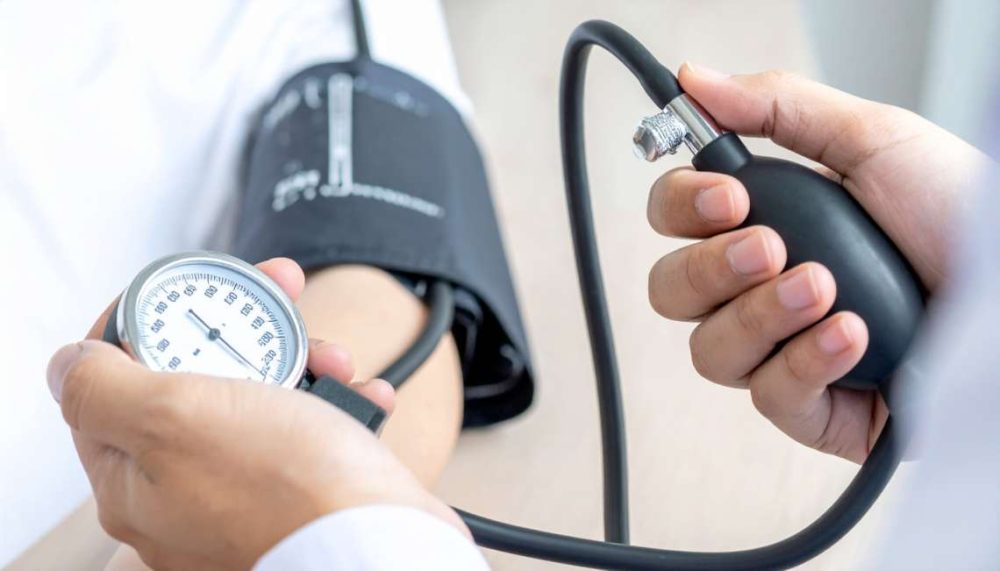The researchers called for understanding the determinants that predict lung function growth during childhood and adolescence to prevent diseases later in adulthood…reports Asian Lite News
Increased physical activity and a higher body mass index (BMI) can help fight lung function deficits in early childhood, according to a study on Monday.
The growth of lung function declines in childhood due to allergic conditions and is a clear risk factor for chronic respiratory disease later.
The study, published in the journal Thorax, showed that higher levels of physical activity in early childhood (between the ages of 4 and 7) and higher body mass index at age 4 can help increase lung function growth.
“The key finding of our study is that low lung function in early childhood does not automatically translate into poor lung function in early adulthood, but that accelerated growth can recover early-life lung function deficits and result in normal values in adolescence,” said Sarah Koch, a researcher at the Barcelona Institute for Global Health (ISGlobal).
The study analysed data on 1,151 children and adolescents aged 4-18 years. The researchers measured lung function with spirometry, a technique that assesses lung function through the amount of exhaled air.
The researchers called for understanding the determinants that predict lung function growth during childhood and adolescence to prevent diseases later in adulthood.
“Both clinical management and public health policies should support and promote a healthy diet and high levels of physical activity in children with low baseline lung function, suboptimal environmental conditions, or early-life allergies. This can help overcome growth limitations in lung function and improve respiratory health in childhood and adulthood,” Koch said.
ALSO READ-Facing the Health Crisis













